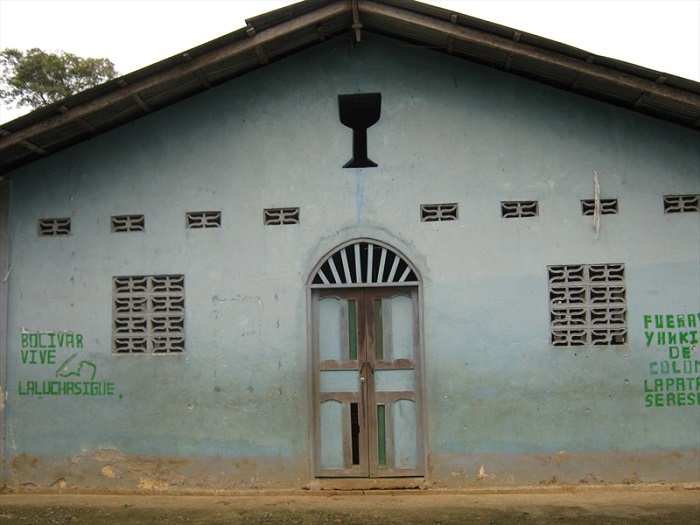
A pastor was murdered outside his home in central northwest Colombia earlier this month after he refused to help members of a neo-paramilitary group with transport, reports advocacy group CSW.
Hundreds of church leaders were assassinated in the 50 years of armed conflict between Colombia’s government and main rebel group, FARC-EP, but the 2016 peace agreement has not stopped the killings.
Pastor Elfren Martínez Pérez, 55, was known for his opposition to the presence of an armed group in the community.
“[He] would confront [them]. They would always approach him to tell him that they had arrived to protect the community, that only they could do it. He would reply [by] saying that the community did not need this form of protection,” a local source told a CSW partner.
On 16 September members of the armed group asked Martínez Pérez if he could transport them on his boat. When he refused, they left but only to return in the evening. They called him out of his home and shot him, killing him instantly.
The pastor led Nueva Filadelfia Church, located in a small settlement near the city of Caucasia, in Antioquia municipality.
“Church leaders often play a dual role as de facto community leaders, especially in small rural communities in Colombia,” CSW explained.
Despite the peace deal, in some parts of the country a power vacuum has kept the door open for illegal armed groups to try to gain control, according to CSW. As a result, Christians and churches that are actively involved in society, or speak out and oppose the armed groups, live and work under constant threat.
For that reason religious leaders should be protected alongside human rights defenders and other community leaders as per the recommendations of the UN Human Rights Council, which the Colombian government has accepted, said CSW’s Chief Executive Mervyn Thomas.
Colombia, although a majority-Christian country, features on the 2018 Open Doors World Watch List of the 50 countries where it is most difficult to live as a Christian.
